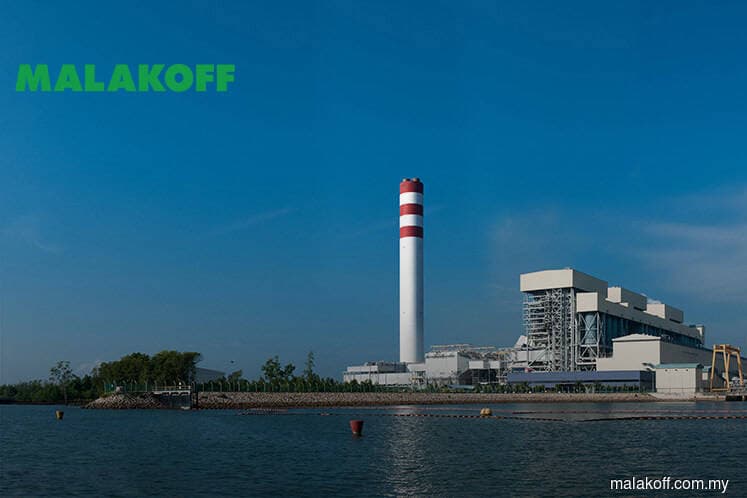
This article first appeared in The Edge Financial Daily on October 26, 2018
KUALA LUMPUR: The government’s move to cancel four electricity generation projects, which had been awarded through direct negotiations, has further dampened Malakoff Corp Bhd’s growth prospects, which were already far from rosy.
The news has exerted more pressure on Malakoff’s share price, which drifted lower yesterday, down 4.65% to 82 sen on light volume of barely 954,099 shares traded, as the independent power producer (IPP) was involved in one of the four projects that has been cancelled.
The four cancelled IPP projects were Malakoff and Tenaga Nasional Bhd’s (TNB) 700mw gas-powered plant in Kapar, Selangor; the Aman Majestic Sdn Bhd and TNB’s 1,400mw plant in Paka, Terengganu; the Sabah Development Energy (Sandakan) Sdn Bhd and SM Hydro Energy Sdn Bhd’s hydropower plant at the Palm Oil Industrial Cluster (POIC) in Sandakan, Sabah as well as the solar power quota of 400mw to Edra Power Holdings Sdn Bhd for the utilisation of solar power plant, according to news reports.
The share price of the IPP, which is controlled by tycoon Tan Sri Syed Mokhtar Al-Bukhary, has been going downhill since late 2016, falling from RM1.60-level to an all-time low of 79.6 sen in April.
The current share price level is less than half of its initial public offering price of RM1.80 in 2015.
The lingering concern over Malakoff is the lack of future growth catalysts, in addition to its limited ability to declare generous dividends given its high debts, said analysts.
The loss of another power generation project will add to the concern on its prospects moving forward, they commented.
Energy, Science, Technology, Environment and Climate Change Minister Yeo Bee Yin was quoted by the media as saying in Parliament that the IPP projects had been awarded via direct negotiations.
Yeo explained that the cancellation of the four IPP projects would optimise capacity payment for electricity supply.
This was due to 30% of electricity bill payments at present were towards capacity payment and that capacity payment was very much dependent on the reserve margin as well as terms in the power purchase agreements with IPPs, she told the Parliament.
Yeo said if the national electricity reserve margin remained at the optimal 32% and these projects were continued, it would increase the reserve margin to a higher-than-necessary level with higher capacity payments, adding that the cancellations will not impose any negative financial implication on the government.
“The government is committed to ensure future power generation projects, whether fossil fuel or [renewable] energy-based, will be awarded through open tenders,” she was quoted by the media as saying.